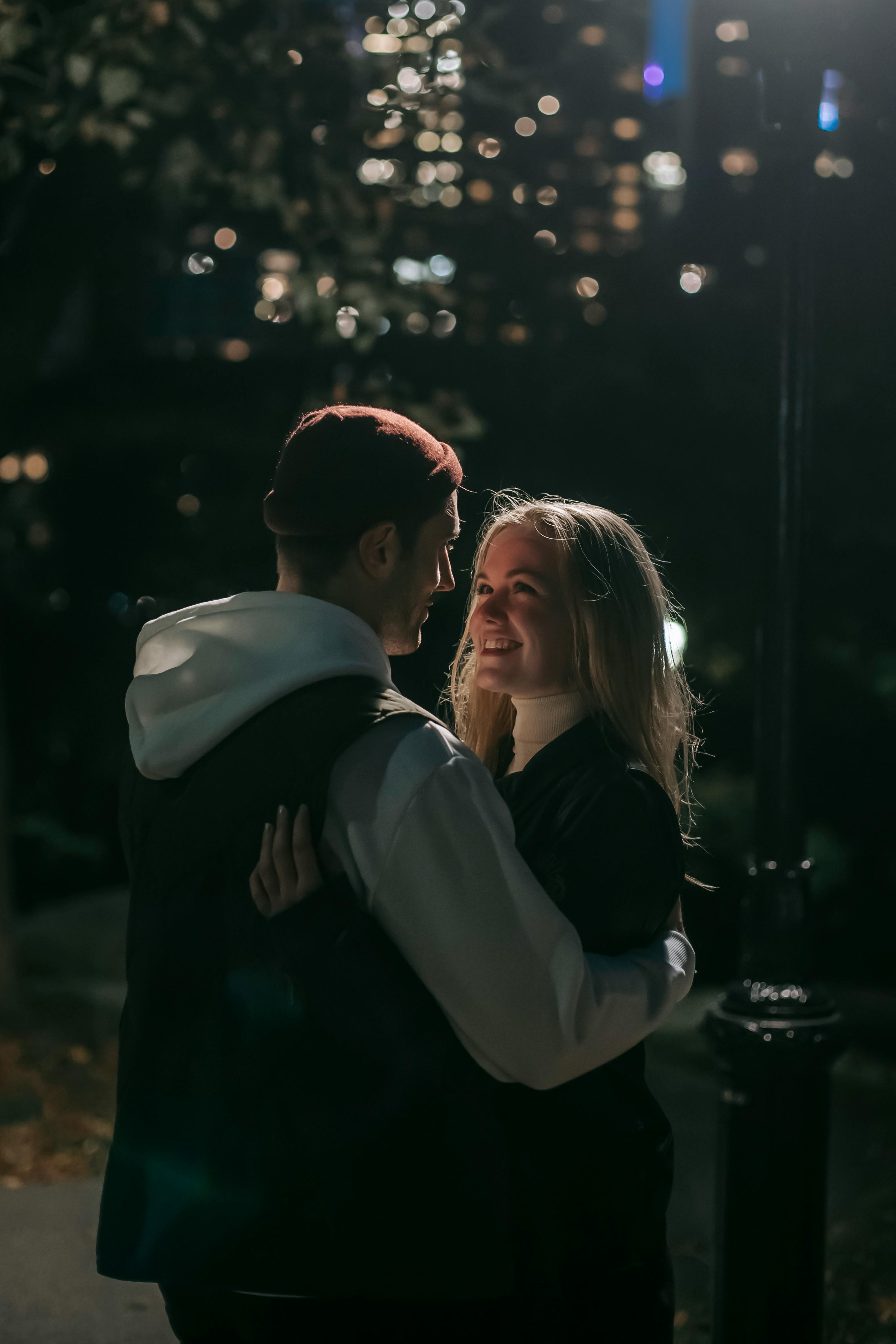Every nation, traditions, and spirituality has its own traditions and customs about what a bride should appear like because it is an important occasion. The Ottomans are no exception slovenia girls, and when it comes to their wedding customs, they have some very intriguing ones. This article will discuss some of these distinctive Balkan bridal customs that might be worthwhile upholding and honoring.

Ceremonies are typically seen as an occasion to celebrate like, a few getting married, and starting over. They were a special occasion that brought together two people and an entire neighborhood in the past, but they were much more than that. They were therefore a crucial part of our lives because of that.
After the bride and groom were formally engaged, the bride procedures do begin. For the family users, they and their friends may spend decades sewing and embroidering clothing, cloths, and towels. Additionally, they created unique designs for the religion. The bride-to-be and her companions may explore each household whose individuals were expected to attend the marriage meeting during the majority of the sublingual requests.
There were some beliefs that had to be followed when it was day for the bride to insert the groom’s house. For instance, in some Bulgarian areas, it was customary for godparents to drop a particular emblem at the bride’s home after carefully discarding it to protect the newlyweds from bad secret and evil influences. The flag was sewn with red or green threads and hung from the groom.
There may also be different prejudices, depending on the area. For instance, in Montenegro, the honeymooners were required to step over a carpet that had been covered in weapon because this was supposed to guarantee that they would have guys. Additionally, it was common practice in Kosovo for the bride to bite sir from her mother-in-law’s hand. This was intended to keep the two’s connections calm and guarantee their happiness and prosperity.
There would be a ton of dancing and insane entertaining following the civil and religious ceremony. Folks enjoyed sipping rakia to savor the happiness of marriage. And even though weddings these days are more about the handful than the celebration and sipping, they are also a happy occasion for everyone who attends.
RFE/RL is an independent, non-profit media organization that delivers news and information to communities in 27 countries where free and responsible journalism is under threat. We report on local stories that mainstream media ignores, and offer a platform for underrepresented voices. RFE/RL’s journalists provide unbiased and informed reporting on a wide range of issues in countries where government-controlled or state-owned media cannot. You can help support our work by making a donation today. Click here for more information.